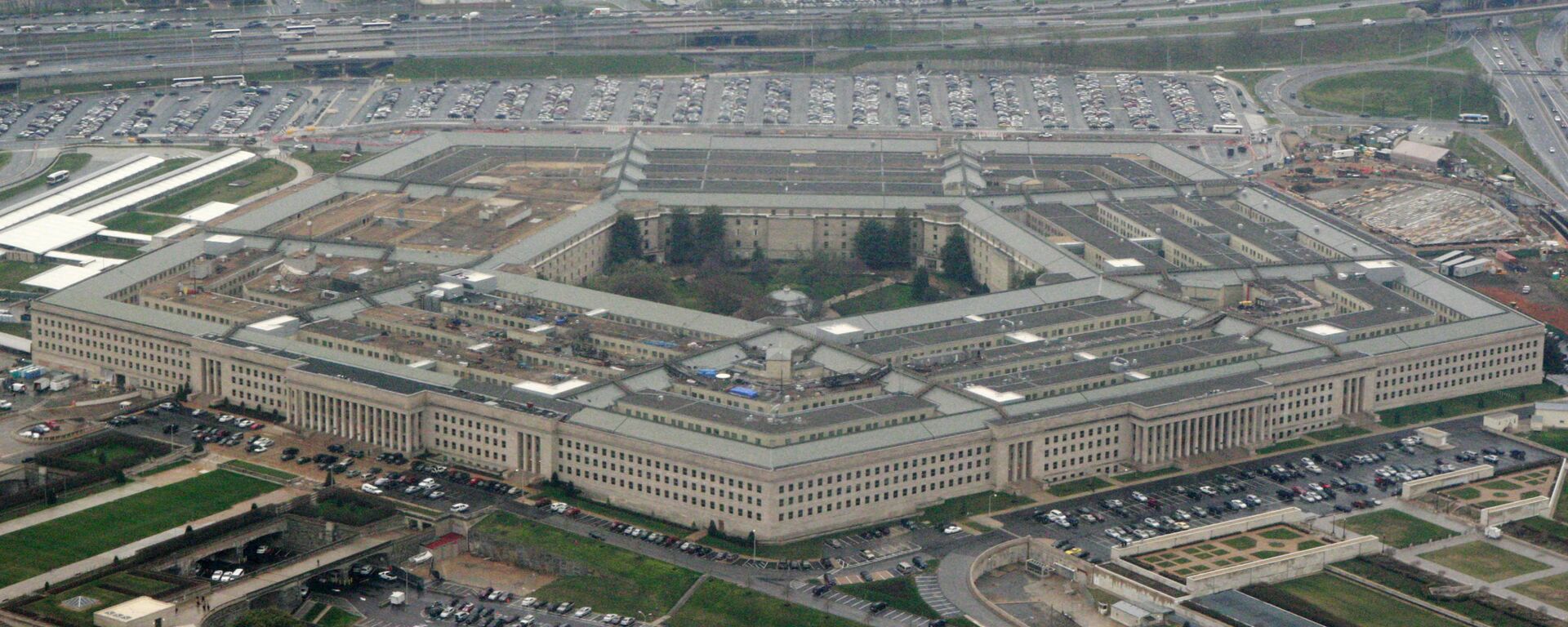https://sputnikglobe.com/20241118/ai-shouldnt-be-allowed-to-push-a-nuclear-button--military-expert-1120921755.html
AI Shouldn't be Allowed to Push a Nuclear Button – Military Expert
AI Shouldn't be Allowed to Push a Nuclear Button – Military Expert
Sputnik International
US President Joe Biden and his Chinese counterpart, Chairman Xi Jinping, agreed on November 16 that humans, not artificial intelligence (AI), should control nuclear weapons.
2024-11-18T18:39+0000
2024-11-18T18:39+0000
2024-11-18T18:39+0000
analysis
opinion
alexei leonkov
joe biden
americans
russia
us
nuclear
nuclear warhead
nuclear weapons
https://cdn1.img.sputnikglobe.com/img/105294/10/1052941027_0:138:1920:1218_1920x0_80_0_0_5c9ad8cec5a6921e927082be11ad9184.jpg
There is a good reason for that, given that the two powers are increasingly competing in the AI field, Alexei Leonkov, a veteran Russian military analyst and editor of the magazine Arsenal of the Fatherland, told Sputnik. Earlier this year, researchers from the Georgia Institute of Technology, Stanford University, Northeastern University, and the Hoover Wargaming and Crisis Simulation Initiative, tested several AI models as decision-makers in war simulations and concluded that AI had a tendency to start arms race and nuclear confrontations in different scenarios. Leonkov notes that the US military started to use AI in the army from 2018. It was expected that the tool could be integrated into nuclear deterrence architecture, including intelligence, surveillance and reconnaissance systems and even nuclear command, control and communications. However, authorities soon realized that AI is prone to errors and can be disrupted by cyber-attacks or confused by incoming contradictory data. It also has limitations when it comes to decision-making in a chaotic battlefield environment, the expert points out. "In these conditions, artificial intelligence does not work at all," he says. "Therefore, putting [AI] into service, given all the shortcomings that it has, is pure madness," the pundit says.
https://sputnikglobe.com/20241018/pentagon-plans-to-use-ai-to-create-deepfakes---reports-1120588271.html
russia
Sputnik International
feedback@sputniknews.com
+74956456601
MIA „Rossiya Segodnya“
2024
News
en_EN
Sputnik International
feedback@sputniknews.com
+74956456601
MIA „Rossiya Segodnya“
Sputnik International
feedback@sputniknews.com
+74956456601
MIA „Rossiya Segodnya“
artificial intelligence, biden and xi agreed ai shouldn't control nuclear weapons, nuclear weapons and ai, ai can be integrated into nuclear deterrence, can ai make decision on battlefield, can ai make decisions in a nuclear standoff, can ai make decisions regarding the use of nuclear weapons
artificial intelligence, biden and xi agreed ai shouldn't control nuclear weapons, nuclear weapons and ai, ai can be integrated into nuclear deterrence, can ai make decision on battlefield, can ai make decisions in a nuclear standoff, can ai make decisions regarding the use of nuclear weapons
AI Shouldn't be Allowed to Push a Nuclear Button – Military Expert
US President Joe Biden and his Chinese counterpart, Chairman Xi Jinping, agreed on November 16 that humans, not artificial intelligence (AI), should control nuclear weapons.
There is a good reason for that, given that the two powers are
increasingly competing in the AI field,
Alexei Leonkov, a veteran Russian military analyst and editor of the magazine Arsenal of the Fatherland, told Sputnik.
"Even in the most peaceful scenario, sooner or later AI will unleash a global war in which most of humanity will perish," Leonkov says.
Earlier this year, researchers from the Georgia Institute of Technology, Stanford University, Northeastern University, and the Hoover Wargaming and Crisis Simulation Initiative, tested several AI models as decision-makers in war simulations and concluded that AI had a tendency to start arms race and nuclear confrontations in different scenarios.
Leonkov notes that the US military started to use AI in the army from 2018. It was expected that the tool could be integrated into nuclear deterrence architecture, including intelligence, surveillance and reconnaissance systems and even nuclear command, control and communications.
However, authorities soon realized that AI is
prone to errors and can be disrupted by cyber-attacks or confused by incoming contradictory data.
It also has limitations when it comes to decision-making in a chaotic battlefield environment, the expert points out. "In these conditions, artificial intelligence does not work at all," he says.
"Therefore, putting [AI] into service, given all the shortcomings that it has, is pure madness," the pundit says.
"[While] Americans, give [AI] the right to make decisions... [Russians] use artificial intelligence not as the main and dominant technology, but as an auxiliary one," Leonkov concludes.

18 October 2024, 06:05 GMT



